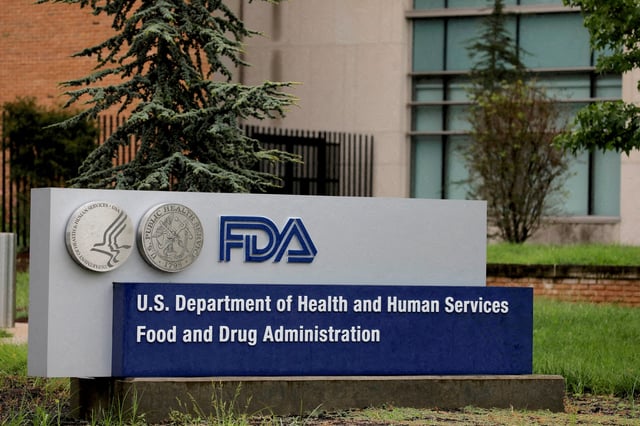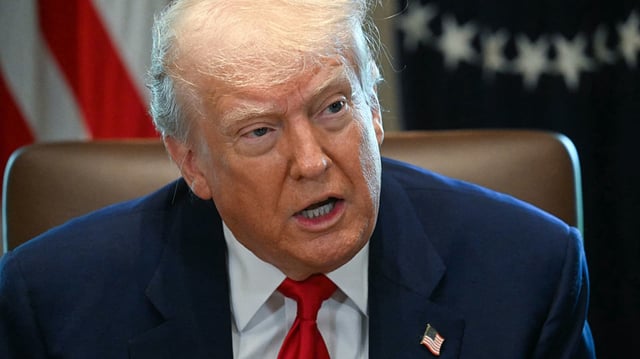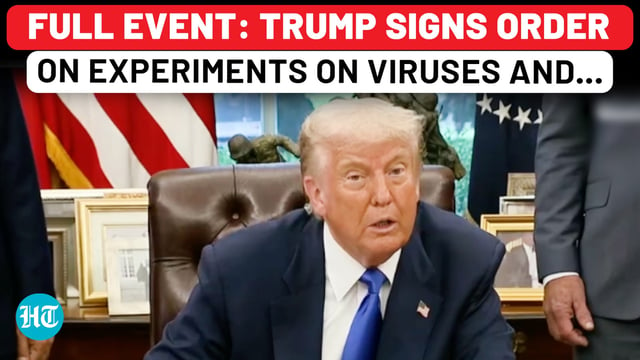Overview
- President Trump confirmed plans to announce tariffs on pharmaceutical imports within two weeks, following an ongoing Section 232 investigation into national security risks of drug imports.
- An executive order signed on May 5 aims to streamline domestic drug manufacturing, incentivizing companies to expand U.S. production facilities.
- Economic analyses suggest a 25% tariff on pharmaceutical imports could raise U.S. drug costs by $51 billion annually and increase prices by up to 12.9%.
- South Korea has formally opposed the proposed tariffs, emphasizing their contributions to U.S. supply chain stability and patient access.
- Major pharmaceutical firms, including Eli Lilly, Johnson & Johnson, and AbbVie, have announced significant U.S. investments in response to the tariff threats.


